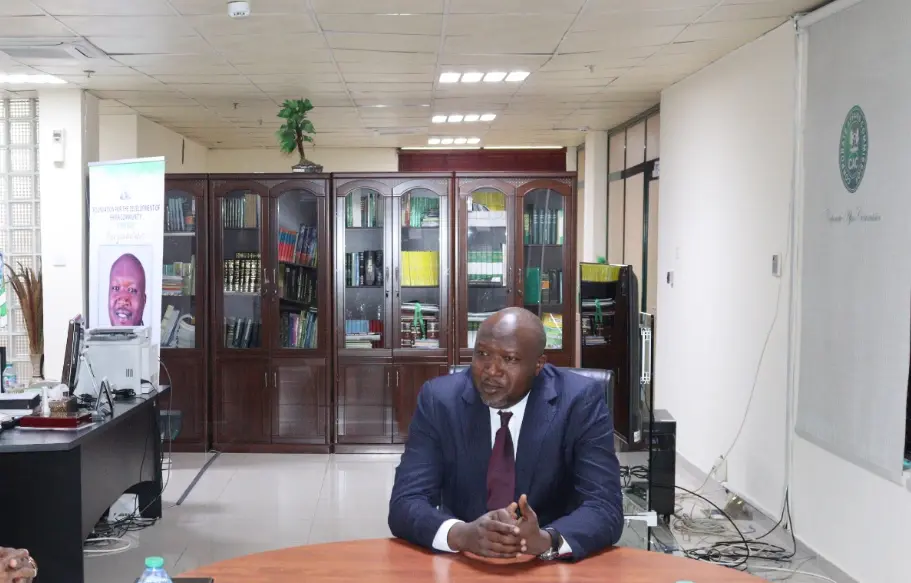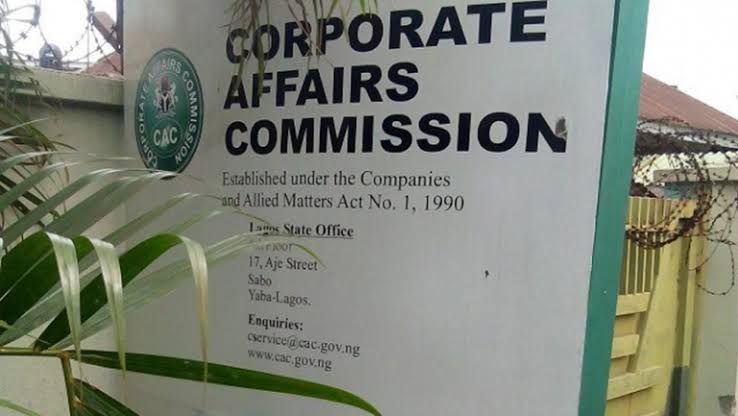The Corporate Affairs Commission (CAC) in Nigeria has said it is looking into ways to use artificial intelligence (AI) to make it possible for companies to be registered within minutes, which is the best practice around the world.
Hussaini Ishaq Magaji, the ReGeneral registrar and CEO of the Commission, said this on Tuesday in Abuja during a meeting with Khalil Suleiman Halilu, the Executive Vice Chairman EVC/CEO of NASENI. He said the CAC will use NASENI’s AI and high-powered computer (HPC) tools to reach this goal.
Read also: AFSUG launches exclusive career connect portal
The Registrar-General stated that the CAC registration portal’s operational capacity has been rapidly increasing since his October 2023 appointment, emphasising the need for the commission to explore more technology-driven solutions from the right partners to support and sustain the system.
“Hussaini Magaji said that the Commission’s desire to explore artificial intelligence to register companies within minutes in line with global best practices is only achievable through partnerships.
“He believes that NASENI, as a developer of a series of technology solutions, including solar, has a role to play in the quest to take CAC to the next level,” the statement read in part.
Unleashing the Power: Energy Solution for Buildings and CAC
The NASENI EVC is developing an energy solution for its facility and CAC. Khalil Sulaiman said private technology businesses abuse government institutions by selling duplicate solutions or undesired items.
He announced that NASENI’s technological service will soon provide affordable, long-lasting alternatives.
“In his comments, Bashir Aliyu, S.A. ICT to the NASENI boss, revealed that the agency was working in collaboration with NITDA, the National Centre for AI Robotics, and the Federal Ministry of Communications and Data Economy to replicate the technology used in countries like the United Arab Emirates and Saudi Arabia, amongst others, to improve their AI capacity,” the statement read.
Read also: Nigeria launches digital technology exchange hub in San Francisco
More Insights
NASENI showed off its locally made laptop, Android smartphone, lithium battery, and 300-watt LED solar street lamp last week.
Halilu, who was showing off the products, said that the agency has taken a quick approach and is fully interested in Technology Transfer and Commercialization of its research and development (R&D) products. He also said these efforts create jobs and wealth and lower the country’s import bills.
To make sure that it does more than just study, Halilu says that the agency has started to follow its 3Cs principles of Creation, Collaboration, and Commercialization with critical partners in both the public and private sectors.

